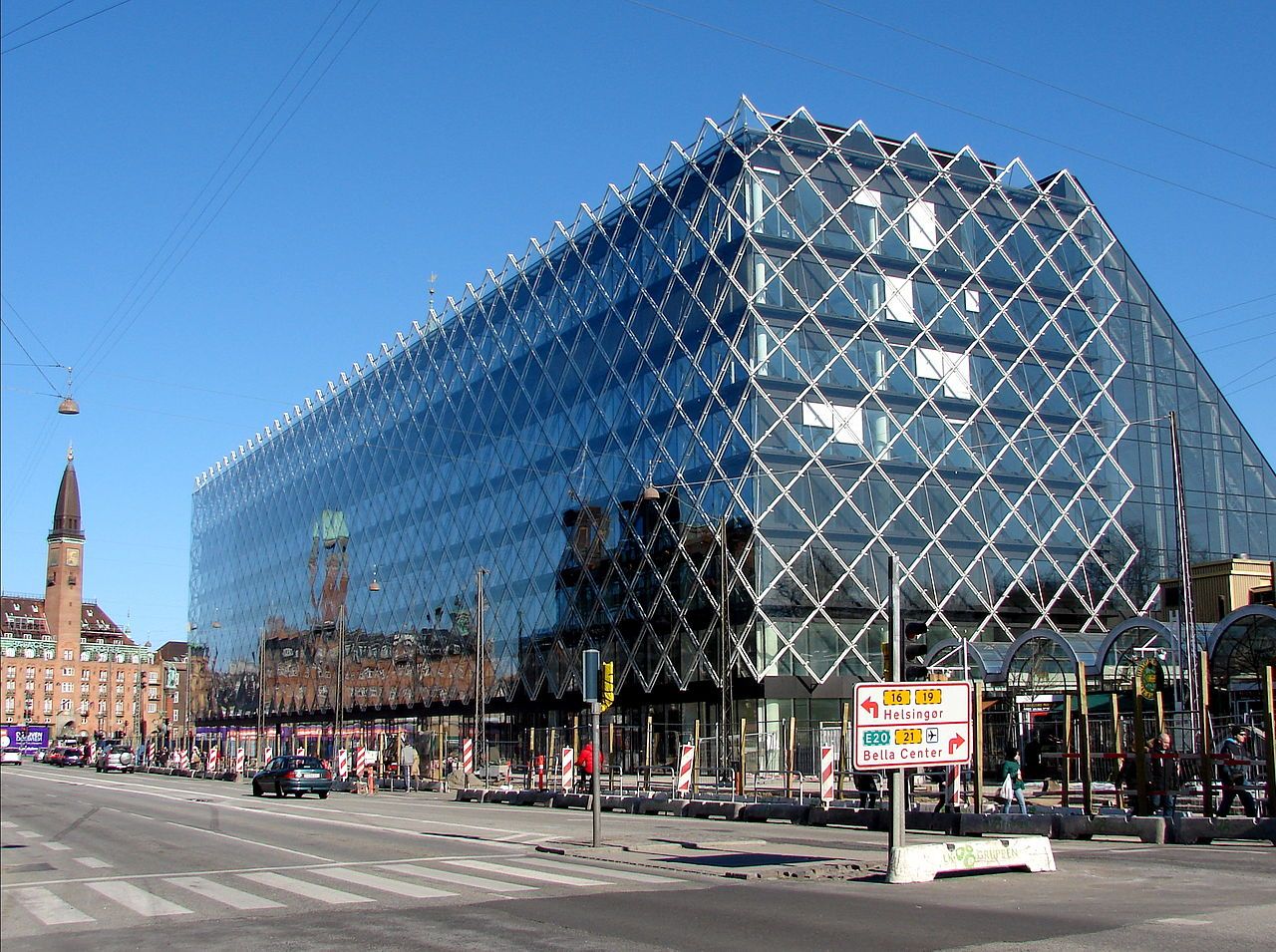At a time when unemployment rates are low and vacancies remain open in international companies, Denmark has become an attractive place for talented foreigners with top international degrees.
A record-breaking number of foreign nationals entered the Danish job market in 2016 and the pace is not expected to slow, according to the Danish Working Market Statistics.
Danish companies continue to seek out qualified foreigners to fill open positions, particularly in the technology, engineering and biotech sectors.
Good fits turning up at MIT
In Boston yesterday at the Massachusetts Institute of Technology (MIT), the Technical University of Denmark, Work in Denmark, Copenhagen Capacity and the Confederation of Danish Industry collaborated at a career fair in order to offer 60 vacant job opportunities and research positions to foreigners.
The Denmark booth was a popular spot at European Career Day at MIT. Many skilled international workers were eager to join the Danish job market and learn more about Danish culture.
Glory and Jason, an American couple, according to the Danish confederation of industry, Dansk Industri, were two attendees with advanced degrees that were excited about the prospect of relocating to Denmark for work.
“Out of European cities, we chose to look at Copenhagen because I did an exchange program at Copenhagen Business School and loved it,” enthused Jason, who interviewed for a position at a Danish company.
“Denmark is well organised and clean, and Copenhagen has lots of parks where my three-year-old daughter can run around and play, whereas the US is becoming a bit overprotective. She is the right age, so she’ll probably learn the language in no time.”
Many attendees found Denmark to be particularly appealing due to the flexibility in the workplace and the security that the Danish welfare state provides. Denmark’s healthy work- life balance was also a top priority for many of the internationals with children.
According to the OECD Better Life Index, Denmark ranked second out of 32 countries for the best work-life balance, second only to Switzerland in 2016. The ability to focus on raising children in Denmark while being a working parent differs from many countries and has made Copenhagen, Aarhus, and Aalborg inviting environments for career-orientated parents.
Happiness a factor
The beauty and cleanliness of Denmark’s cities and the Dane’s top ranking spot on the World Happiness Index was another perk for international talent.
“There’s much much interest in the Danish booth,” said Linda Duncan Wendelboe, the head of DI Global Talent.
“Young people from many different countries queued up to learn about Danish companies, the Danish job market and life in Denmark. It has been extremely positive and fruitful, and I hope it will lead to many skilled young people choosing Denmark and Danish companies.”
Many of the candidates were uniquely qualified to take part in interviews or generate significant interest from recruiters. Foreigners were also encouraged to upload their CVs to the Work in Denmark and Copenhagen Capacity job databases in order to connect with companies directly and search open vacancies.
Denmark’s largest companies continue to welcome internationals and find ways to utilise the sought-after skills that global experience provides.
“On Work in Denmark’s job database alone, there are currently 1,027 vacant positions, but the majority of the talented candidates that we talked to fit the profiles that Danish companies are seeking. We therefore see plenty of opportunity to match candidates with the vacant Danish jobs,” said Kirsten Thomsen from Work in Denmark.
Despite top officials’ politically-charged rhetoric this year to dissuade foreigners from moving to Denmark, the foreign contribution to business continues to be an integral part of the Danish economic system that many internationals are eager to contribute.















